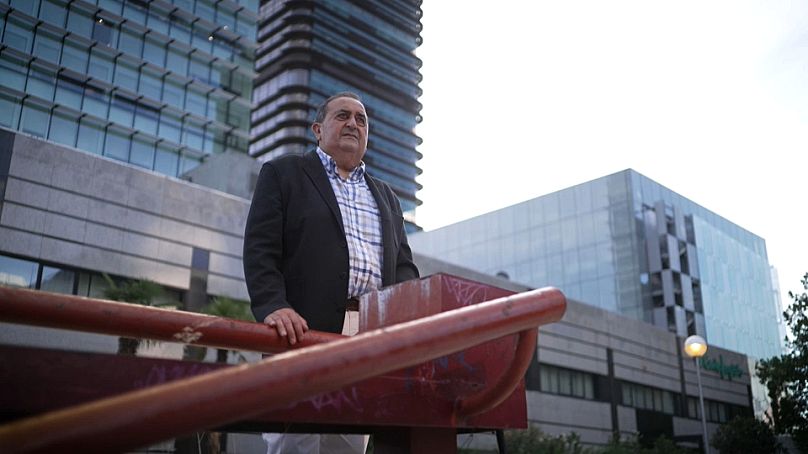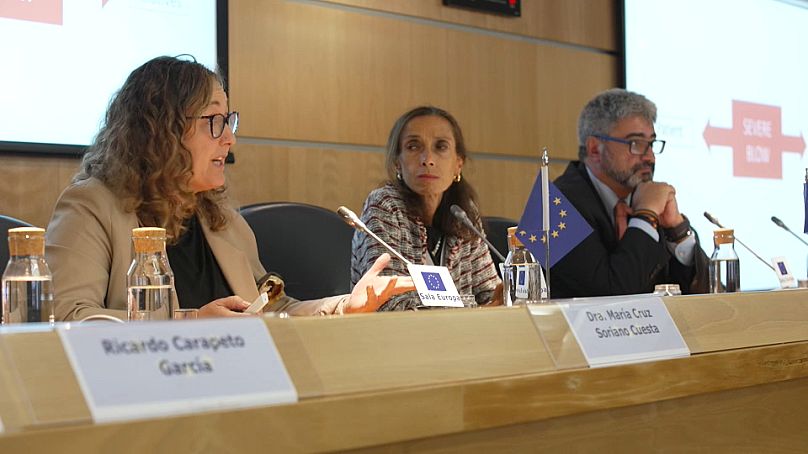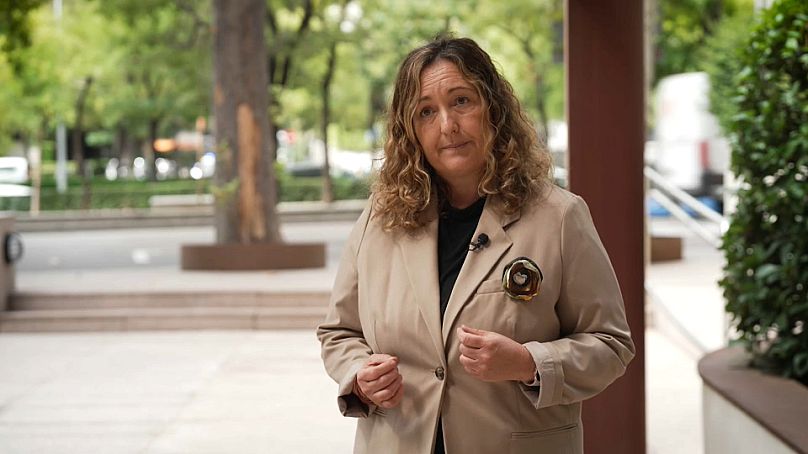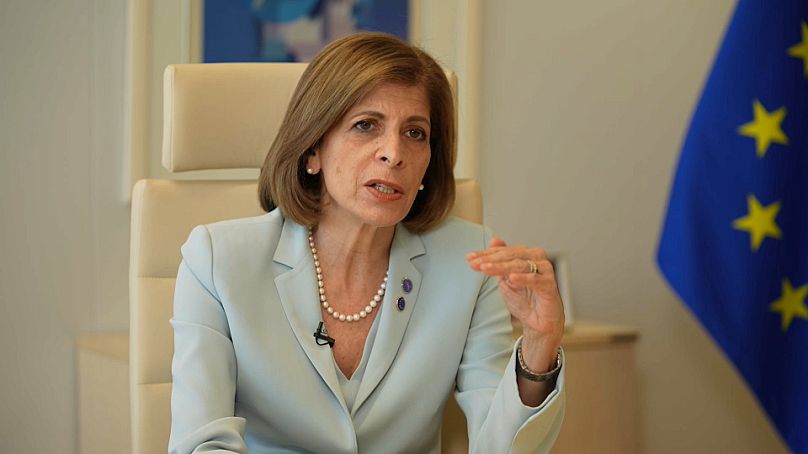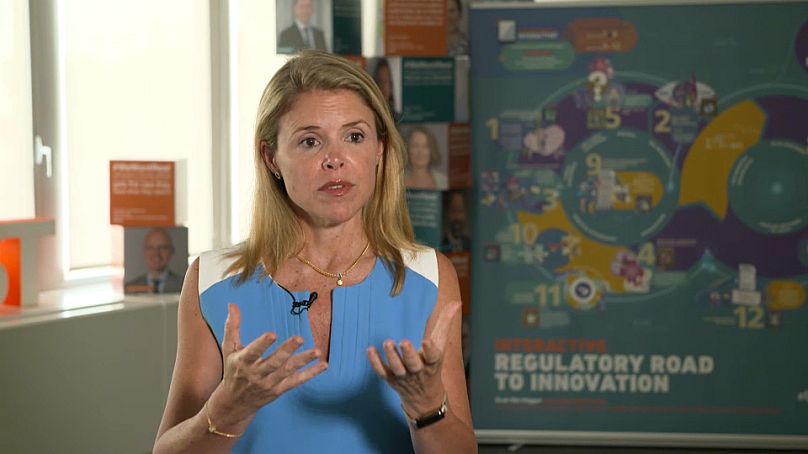In this episode of Smart Health, we hear from a sufferer of Antimicrobial Resistance, the deadly disease which has researchers and authorities scrambling for solutions.
Back in 2013, Iñaki Morán spent 20 consecutive days in bed. His body had been ambushed by bacteria resistant to medicines. It was to be the first in a long list of similar attacks.
"I was regularly admitted to hospital. I was admitted in 2016, in 2017 and in 2018. For different bacteria, different germs," he told Smart Health.
63-year-old Iñaki suffers from Chronic Obstructive Pulmonary Disease (COPD). He's also been treated for colon and lung cancers.
Bacteria resistant to treatments caused further havoc in a body already at the edge.
"My quality of life was greatly reduced. A planned pulmonary transplant was jeopardised. If the lungs are persistently infected, as was the case with me, then the transplant can simply be called off. In the end, I was lucky; I had a double-lung transplant. The worst was avoided," Iñaki revealed.
Antimicrobial Resistance – or AMR - is mainly driven by overuse and misuse of antibiotics, antiseptics and antifungals. It affects humans, animals, plants and the environment.
AMR causes some 35,000 deaths every year in the European Union, with annual healthcare costs and productivity losses estimated at €1.5 billion.
Regular seminars help EU patients, physicians, pharmaceutical representatives, researchers and policymakers discuss prevention and control measures of what they call "a silent pandemic".
Experts agree Antimicrobial Resistance is among the top three health threats currently faced by the European Union.
Dr María Cruz Soriano Cuesta is the Head of the Internal Medicine Unit in a large public hospital in Madrid.
"There are extensive epidemiological studies involving more than 1,000 Intensive Care Units showing that on a given day, more than 50 per cent of the patients admitted have an active infection," she explained.
"Half of those cases are hospital-acquired infections. This is a very serious issue. And unfortunately, at the ICU, the infections are often from multidrug-resistant bacteria."
How is the EU proposing to tackle the problem of AMR?
A lethal, complex and urgent situation that the European Commission has proposed to address by reducing the consumption of antimicrobials by 20 %.
The European Commission wants to also encourage the development of new antibiotics, for instance by giving developers an extra year of regulatory data protection.
"Since the 1980s, we have not had any novel antimicrobials developed. So we needed to provide strong incentives for new, for novel antimicrobials to be developed," said Stella Kyriakides, European Commissioner for Health and Food Safety.
"We are doing this by proposing the transferable exclusivity vouchers. We need to also work on advocating on the prudent use of antimicrobials and on addressing the abuse of antimicrobials. But at the same time we need to support the European pharmaceutical industry, so that they innovate, so that we have new products on the market."
The European Federation of Pharmaceutical Industries and Associations says they are also ready to play their role.
"In 2020, we proposed a fund of 1 billion US dollars until 2030 with the objective of finding two to four new antibiotics," said Nathalie Moll, Director General of the European Federation of Pharmaceutical Industries and Associations.
"This was a sort of a bridging fund to help small biotechs that so far had been failing to be able to produce antibiotics. But it can not replace a proper system of incentives."
And patients conclude public awareness is equally important.
"I think that if all patients know about their diseases, in this case Antimicrobial Resistance, if they know what the symptoms are, what the treatment is, if they are prepared, then they are going to be active patients," Iñaki Morán told Smart Health.
"They are really going to put up barriers against all this. And that's what we patients are trying to spread: our knowledge based on experience."











